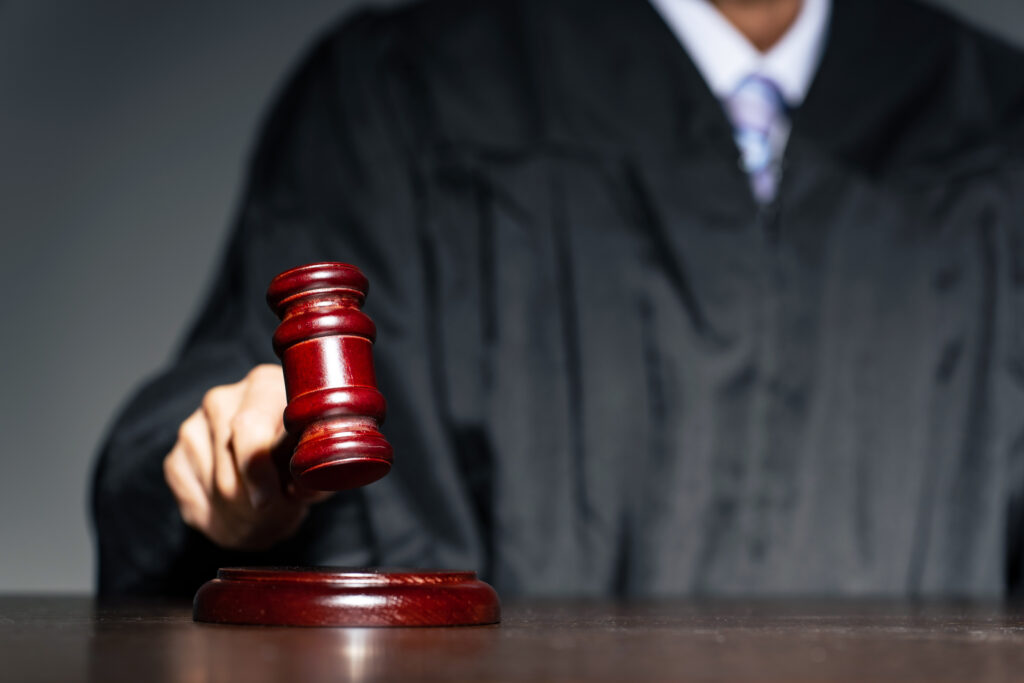In a provisional costs assessment (one where the costs are less than £75,000) parties have to go through a specific process to challenge the decisions made at first instance. The receiving party in this matter sought to argue that they could appeal then entire assessment of a costs officer, despite, many decisions not being referred for an ‘oral review.’ Mr Justice Stewart held otherwise.
In PME v The Scout Association [2019] EWHC 3421 (QB), the Claimant sought to re-open issues on a provisional assessment through an appeal, even though they had an opportunity to challenge them on oral review and chose not to do so.
The underlying claim for damages was concluded by way of an Order agreed between the parties and sealed on 20 November 2017. The Claimant (who was the Appellant) rendered a bill of costs which was less than £75k and so it fell within the remit of the provisional assessment process.
Costs Officer Kenny duly conducted the provisional assessment in May 2018 and a copy of the assessed bill was sent to the parties.
On 7th June, the Appellant requested an oral hearing, but only in respect of the hourly rates and the document time. At the oral hearing, the Appellant dropped the document challenge, so the only issue to be determined at the oral hearing was in relation to the hourly rates, which the Costs Officer decided to revise.
That was not an end to the story, however, as on 5th September 2018, the Appellant filed an Appeal seeking “a de novo detailed assessment hearing before a costs judge or district judge of the High Court so the preliminary issues and costs can be considered afresh”. The Appellant was therefore seeking to have an entirely new assessment of the bill, starting again from scratch.
Following a hearing of their Appeal, Master Leonard concluded that the only issue capable of being appealed was the hourly rates as this was the only issue that had been challenged following the provisional assessment.
The Appellant appealed that decision, seeking to argue that they were able to appeal the whole provisional assessment as a party could choose not to challenge the provisionally assessed bill at an oral hearing but could instead appeal the paper provisional assessment either “(i) if it has been provisionally assessed by a Judge to the County Court or High Court under CPR r 52, or (ii) if it has been provisionally assessed by a Costs Officer, to a Costs Judge under CPR r 47.2-47.24”. It was this latter route that the Appellant was seeking to pursue.
The Appellant further contended that because CPR r 47.24 provides the court will “re-hear the proceedings which gave rise to the decision appealed against, the re-hearing is not simply a re-hearing of the specific matter but of the entire proceedings” and in this matter, that meant the whole of the detailed assessment.
The court, however, disagreed, holding that “In my judgment the paper exercise is not a hearing” and therefore the only decision which was capable of being appealed was the one arising from the oral hearing. The court did concede that the mirrored wording in PD47 14.4(2), which refers to the outcome of a provisional assessment being a ‘decision’ and the wording of CPR r 47.21 allowing a party to appeal ‘against a decision’ was “infelicitously chosen” and that it would perhaps be better thought of as a provisional assessment of items on the bill which become binding in the absence of an oral hearing, or which give rise to decisions capable of appeal if an oral hearing is requested.
The court also raised a concern over how costs would be dealt with if a party could appeal a provisional assessment, rather than follow the usual procedure of requesting an oral hearing. On an oral hearing following provisional assessment, CPR r 47.15(10) provides that unless the court orders otherwise, a party requesting an oral hearing will pay the costs of an incidental to that hearing unless they achieve a difference of 20% or more on the oral hearing. However, if a party could appeal the provisional assessment, they could potentially achieve a difference of less than 20% but still maintain they had succeeded on the appeal and therefore be entitled to all costs. As the court said, “This would be another unfortunate potential consequence of the Appellant’s stance”. Thus, if parties wish to challenge the provisional assessment, they must also accept the potential costs consequences of doing so.
The court went on to add that “The consequences of the Appellant’s case are wholly undesirable. They involve potential wastage of the court and the parties’ time and resources. That would be an affront to the Overriding Objective which requires the court to deal with a case justly and at proportionate cost.”
The judge therefore agreed with the conclusions of Master Leonard that “the Claimant has a choice at every step of what to contest and what not to contest. The process of appeal should not represent an opportunity for a party to demand a re-hearing of decisions which that party has previously accepted.”
This is an important reminder to parties to ensure that when they request an oral review hearing, they include all the items they wish to challenge within their request as any items not challenged must be taken to be accepted.









